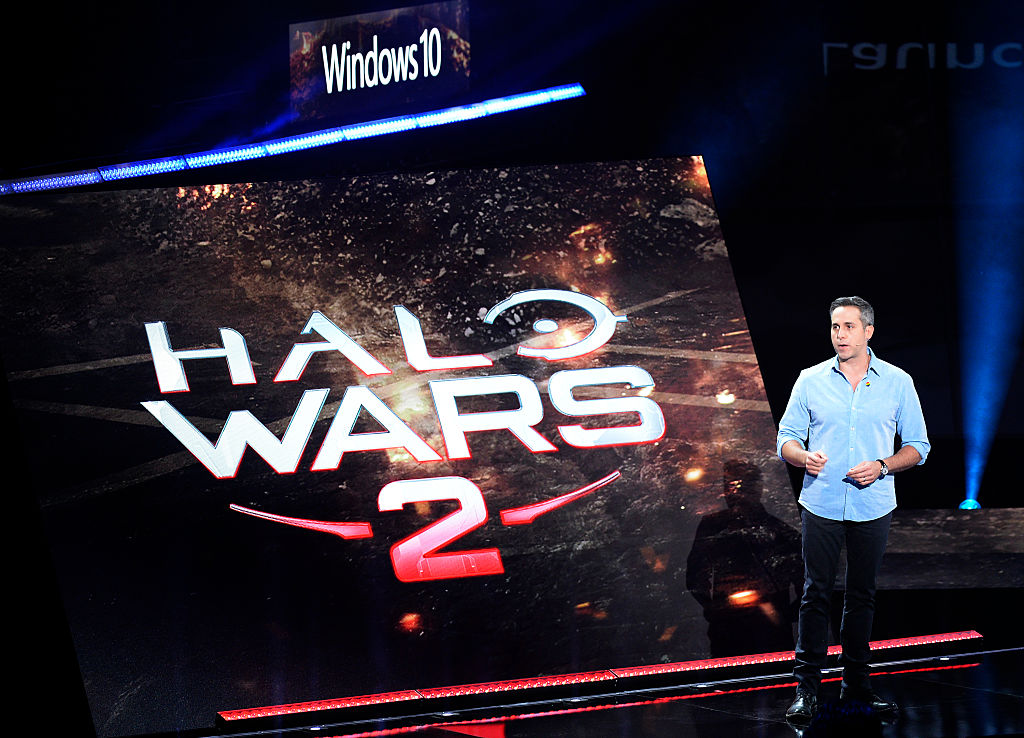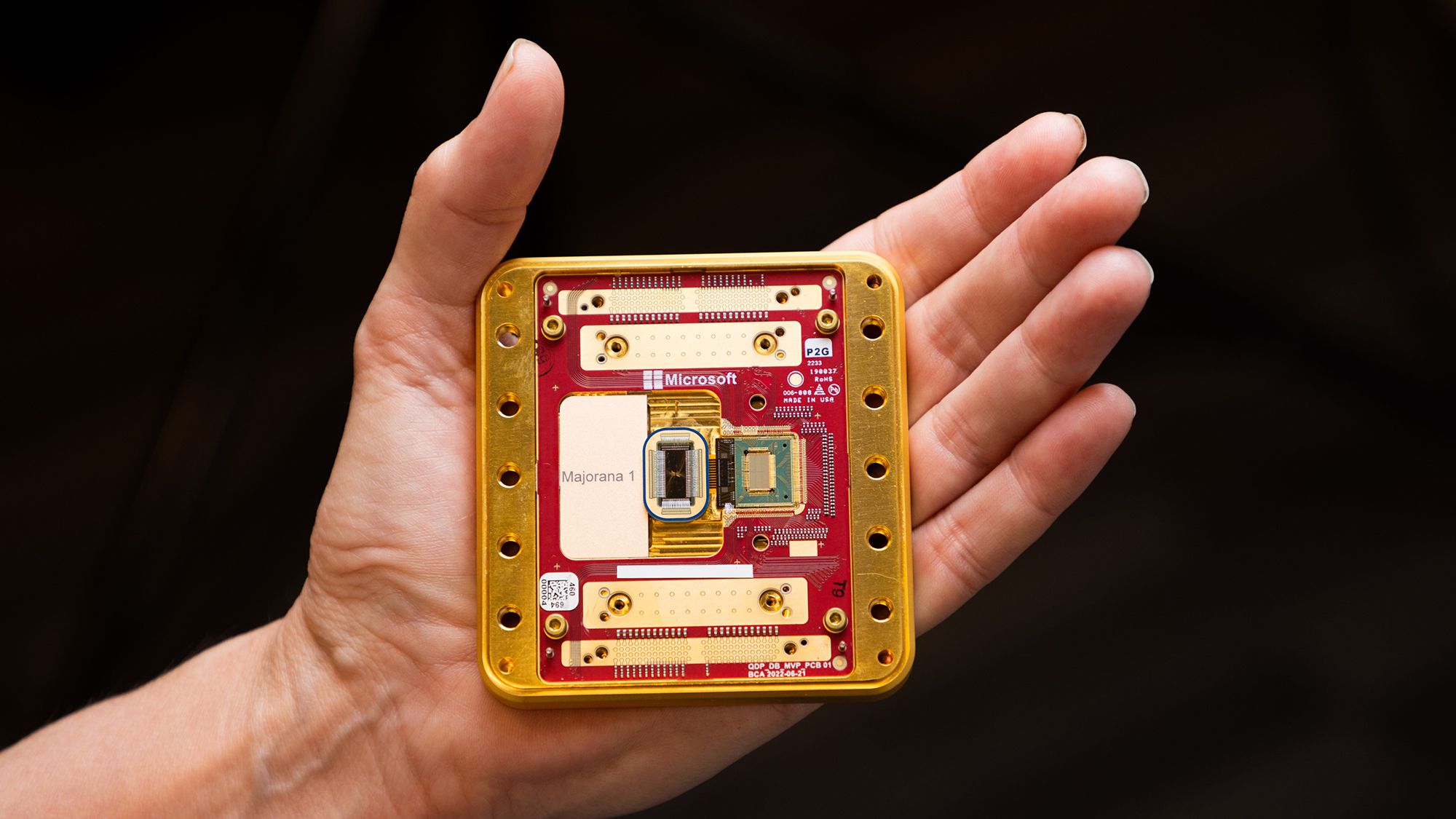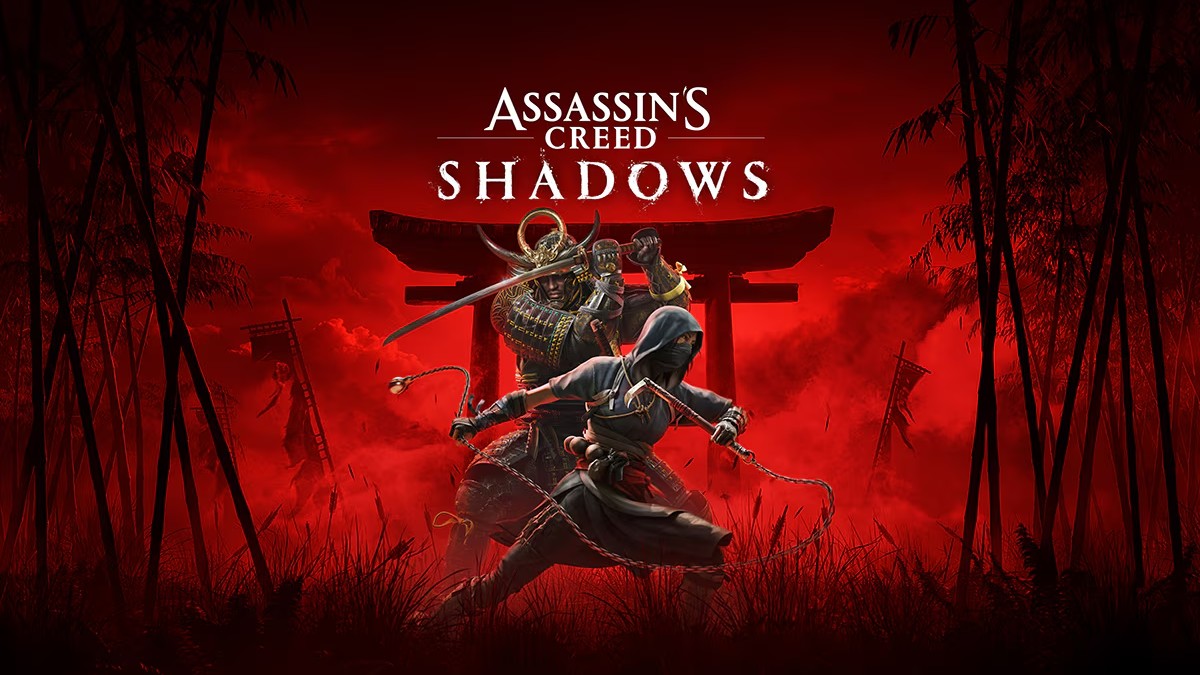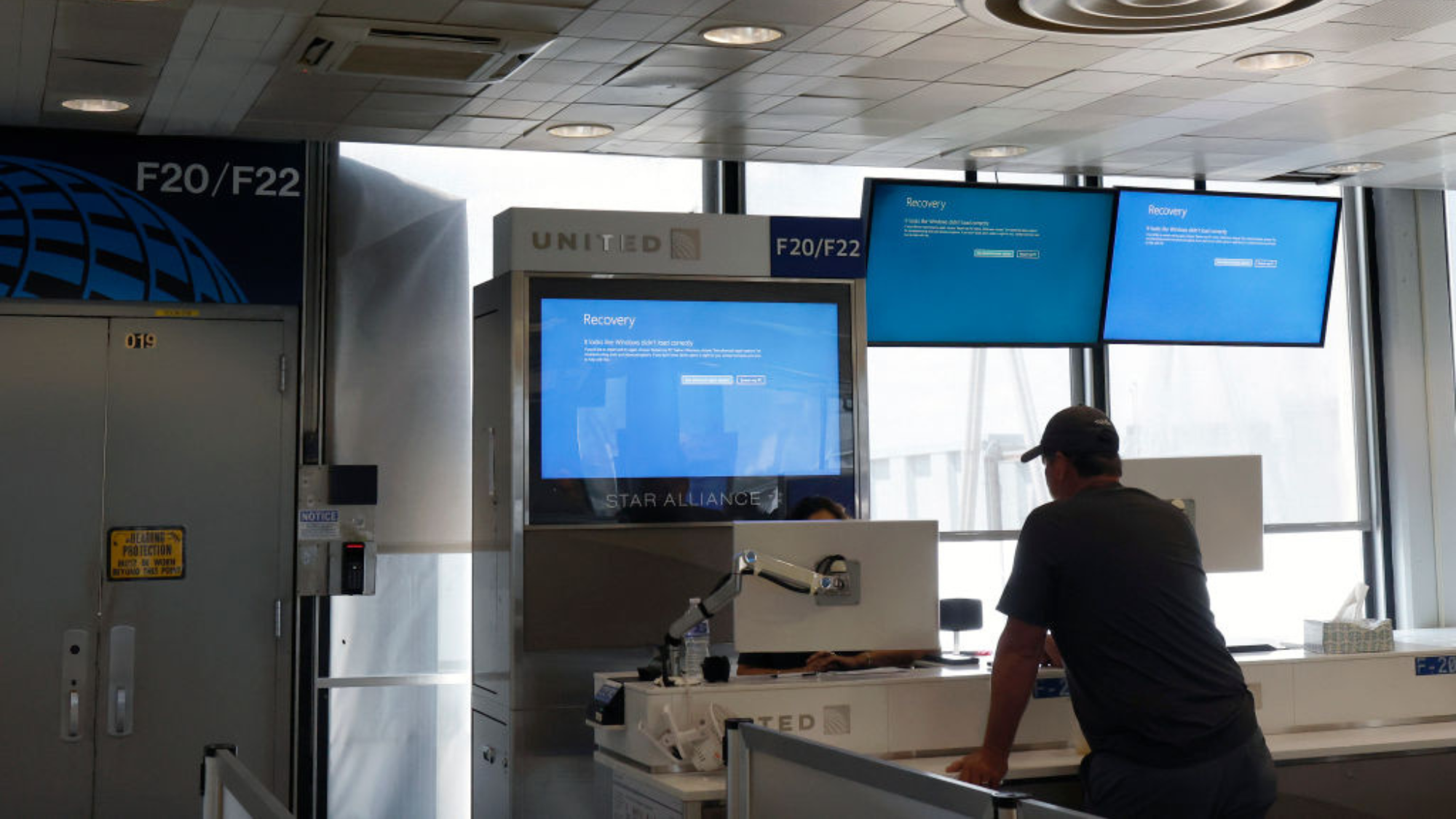Halo Wars 2: What do the critics think of the RTS sequel?
Sequel to the Halo RTS features a new Blitz mode and six-player online battle – but what do the critics make of it?

A free daily email with the biggest news stories of the day – and the best features from TheWeek.com
You are now subscribed
Your newsletter sign-up was successful
Halo Wars 2 will launch tomorrow on the Xbox One and PC, eight years after the original released on the Xbox 360 console.
Unlike other entries in the Halo franchise, the Wars series features real-time strategy (RTS) gameplay where the player controls a group of machines and battalions instead of the more traditional first person shooter gameplay of the core titles.
Gamers can either follow the campaign and command the UNSC faction through a series of battles, or play online with six-player traditional skirmish battles and base-controlling game modes.
The Week
Escape your echo chamber. Get the facts behind the news, plus analysis from multiple perspectives.

Sign up for The Week's Free Newsletters
From our morning news briefing to a weekly Good News Newsletter, get the best of The Week delivered directly to your inbox.
From our morning news briefing to a weekly Good News Newsletter, get the best of The Week delivered directly to your inbox.
Halo Wars 2 brings with it a selection of new game modes and next generation graphics – but what do the critics think of the highly anticipated sequel?
Gamespot says that Halo Wars 2 appears to be an "RTS game for Halo fans and a Halo game for RTS fans", but ultimately the "very light" experience "runs out of steam quickly".
The cinematic cutscenes fail to develop the characters "in a meaningful way" and feel more like "eye-candy" than a means of pulling the player into the universe, adds the site.
Nevertheless, the cutscenes are often "gorgeous" and feature characters that deliver their lines in a manner that luckily overlooks the "cheesy action movie lines".
A free daily email with the biggest news stories of the day – and the best features from TheWeek.com
The Guardian says players won't mind the omission of the series hero, Master Chief, as the "grungier" and "more battle-worn" characters in Halo Wars 2 have "plenty of personality and intrigue".
The new Blitz multiplayer game mode is an "intriguing" addition that sees players combine deathmatch mechanics with card-based gameplay, adds the paper.
Building the perfect deck "will take practice", although the mode appears to favour "taking an aggressive approach" and using the most powerful units first.
"Halo Wars 2 will scratch a real-time strategy itch and give you a dose of Halo-Universe flavour with a decent story", says IGN, but it "won't go much deeper than that".
Multiplayer modes are the game's key to a lasting appeal, adds the site, as they are "significantly more diverse" and more interesting than some aspects in other real-time strategy (RTS) titles.
IGN adds that the series should be admired for experimenting with new genres instead of being given an "endless procession of first-person shooters". Its "run-of-the-mill campaign", however, can limit the player's enjoyment over longer periods of time.
Meanwhile, Eurogamer says console players can look forward to an RTS that "plays very nicely" with a controller. Indeed, adds the site, it plays so well that PC gamers may want to consider switching instead of using a keyboard and mouse.
The campaign can also be played cooperatively and there's "certainly a lot of content" to enjoy, Eurogamer continues, although it is "difficult to get really excited about any of it".
Halo Wars 2 launches on the Xbox One and PC on 21 February. Pre-orders are open on Amazon, which is offering the Xbox edition for £39.99 and a PC download key for £49.99.
-
 Political cartoons for February 21
Political cartoons for February 21Cartoons Saturday’s political cartoons include consequences, secrets, and more
-
 Crisis in Cuba: a ‘golden opportunity’ for Washington?
Crisis in Cuba: a ‘golden opportunity’ for Washington?Talking Point The Trump administration is applying the pressure, and with Latin America swinging to the right, Havana is becoming more ‘politically isolated’
-
 5 thoroughly redacted cartoons about Pam Bondi protecting predators
5 thoroughly redacted cartoons about Pam Bondi protecting predatorsCartoons Artists take on the real victim, types of protection, and more
-
 Why 2025 was a pivotal year for AI
Why 2025 was a pivotal year for AITalking Point The ‘hype’ and ‘hopes’ around artificial intelligence are ‘like nothing the world has seen before’
-
 Microsoft pursues digital intelligence ‘aligned to human values’ in shift from OpenAI
Microsoft pursues digital intelligence ‘aligned to human values’ in shift from OpenAIUNDER THE RADAR The iconic tech giant is jumping into the AI game with a bold new initiative designed to place people first in the search for digital intelligence
-
 How the online world relies on AWS cloud servers
How the online world relies on AWS cloud serversThe Explainer Chaos caused by Monday’s online outage shows that ‘when AWS sneezes, half the internet catches the flu’
-
 Microsoft unveils quantum computing breakthrough
Microsoft unveils quantum computing breakthroughSpeed Read Researchers say this advance could lead to faster and more powerful computers
-
 Microsoft's Three Mile Island deal: How Big Tech is snatching up nuclear power
Microsoft's Three Mile Island deal: How Big Tech is snatching up nuclear powerIn the Spotlight The company paid for access to all the power made by the previously defunct nuclear plant
-
 Video games to play this fall, from 'Call of Duty: Black Ops 6' to 'Assassin's Creed Shadows'
Video games to play this fall, from 'Call of Duty: Black Ops 6' to 'Assassin's Creed Shadows'The Week Recommends 'Assassin's Creed' goes to feudal Japan, and a remaster of horror classic 'Silent Hill 2' drops
-
 CrowdStrike: the IT update that wrought global chaos
CrowdStrike: the IT update that wrought global chaosTalking Point 'Catastrophic' consequences of software outages made apparent by last week's events
-
 Why is Microsoft breaking up Teams and Office?
Why is Microsoft breaking up Teams and Office?Today's Big Question The company had previously divided the software in Europe, but will now make this change globally